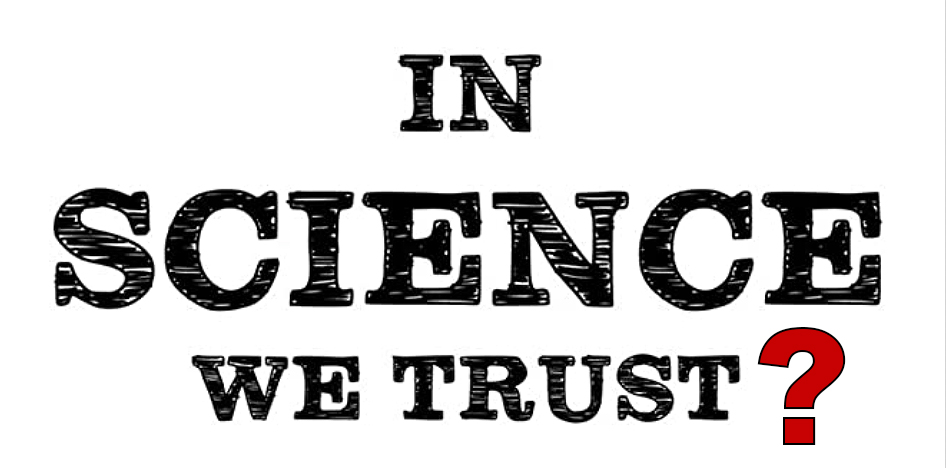Kerby Anderson
A frequent phrase used these days is that we need “to trust the science.” But I have found that often “trust the science” really means “trust the model” which is not the same thing. Computer models are used to predict everything from the climate to the economy. Often, they are inaccurate. Asking legitimate questions about these models and their assumptions is appropriate and not “anti-science.”
When I was in graduate school, many of us worked with professors who had developed computer models attempting to understand more about the environment. These models helped me learn two valuable lessons.
First, you need good data for the model to accurately predict the future. No doubt you have seen the word GIGO that stands for “garbage in, garbage out.” If the data you have for a pandemic model comes from China or Iran, you may not have good data.
Second, a good model also needs to be based upon accurate assumptions. If you don’t account for the impact of mitigation procedures, you are going to come to scary conclusions about the infection rate and the death rate.
Should we have some skepticism about the models used to predict the future? The climate models that were developed back in the 1990s predicted rising temperatures. Instead, we had a “warming hiatus” that lasted for nearly a decade and a half. Global temperatures essentially remained flat.
The Congressional Budget Office is given the responsibility of estimating the impact of legislation on federal revenue but often is limited in the assumptions they can use. For example, if a tax reform bill reduces taxes, the CBO score assumes that lower taxes will mean lower tax revenue. But individual investors and consumers react to lower taxes by investing more and spending more. Lower taxes might actually generate more revenue.
Often “trust the science” really means “trust the model.” But we have lots of evidence that sometimes the models are wrong.
 Listen Online
Listen Online Watch Online
Watch Online Find a Station in Your Area
Find a Station in Your Area








 Listen Now
Listen Now Watch Online
Watch Online
